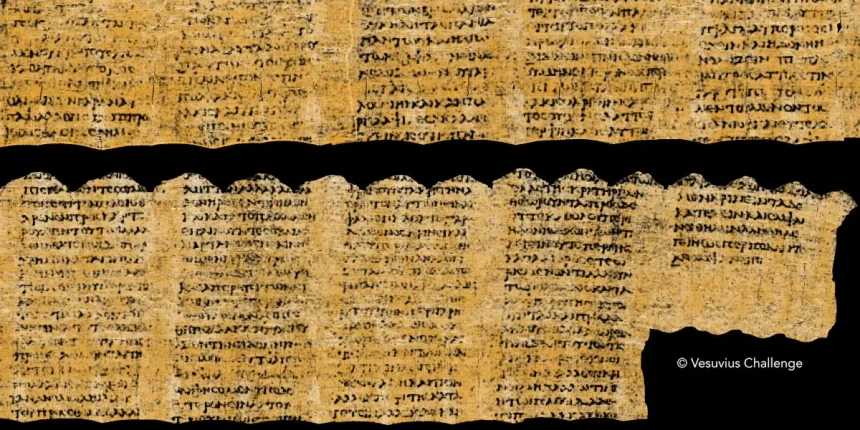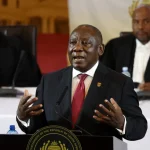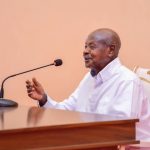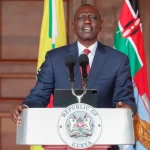In a post on X, the billionaire offered up funds for the Vesuvius Challenge project, suggesting the money would come from the Musk Foundation. In a message to Bloomberg, the Tesla CEO said he didn’t know how much he’d contribute.
Musk, who is known to be skeptical of AI safety, told the outlet he was in “favor of civilizational enlightenment.”
Named the Herculaneum Scrolls after the city they were found in, scholars have speculated that they may hold information that could change our understanding of the ancient world.
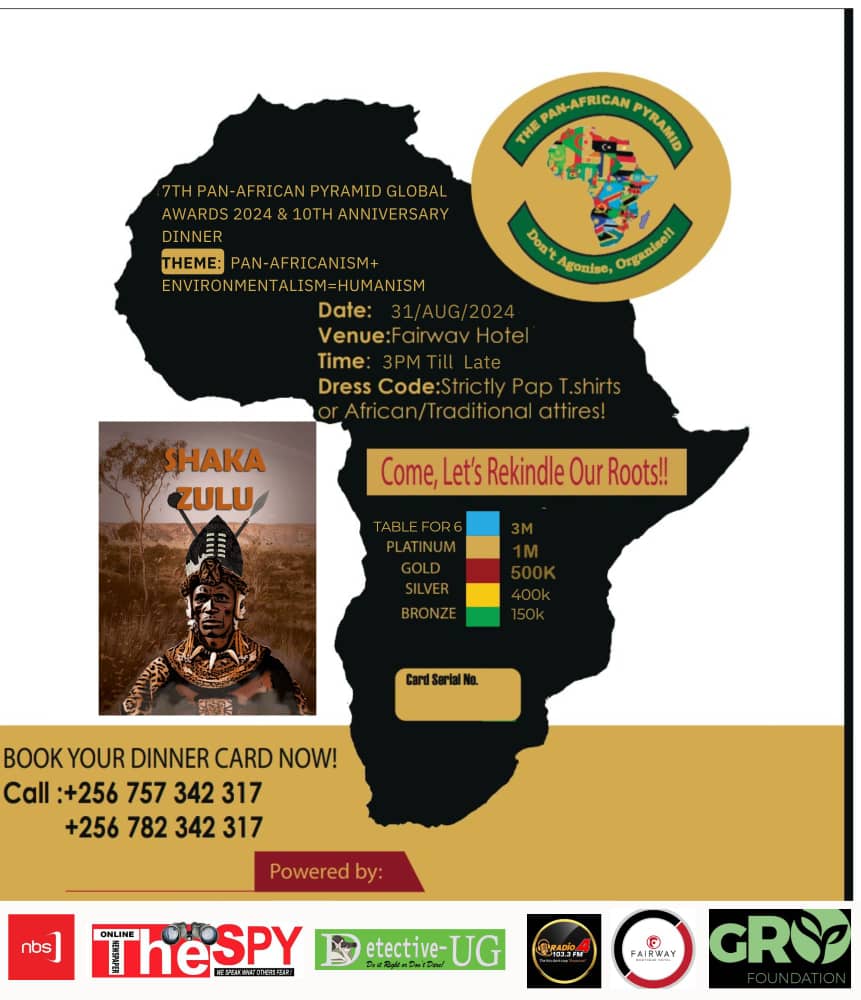
The scrolls have proved almost impossible to decipher because they’d been burned and buried when Mount Vesuvius erupted about 2,000 years ago, leaving them charred and far too delicate to unroll. Previous efforts to read them yielded limited success and caused damage.
Skip to Monday when Nat Friedman, a tech executive and former CEO of GitHub who helped fund the Vesuvius Challenge, announced on X: “Today we are overjoyed to announce that our crazy project has succeeded. After 2,000 years, we can finally read the scrolls.”

Luke Farritor, a former SpaceX intern attending the University of Nebraska-Lincoln, was among the students who deciphered a passage of the text, winning $700,000 of prize money.
Youssef Nader, an Egyptian Ph.D. student in Berlin, and Julian Schilliger, a Swiss robotics student in Zurich, were also part of the winning team.
The Vesuvius Challenge is ongoing since the scrolls have only been partially deciphered. The primary goal for 2024 is to read 90% of each of the four scrolls.
Representatives for Musk did not immediately respond to a request for comment from Business Insider, made outside normal working hours.

